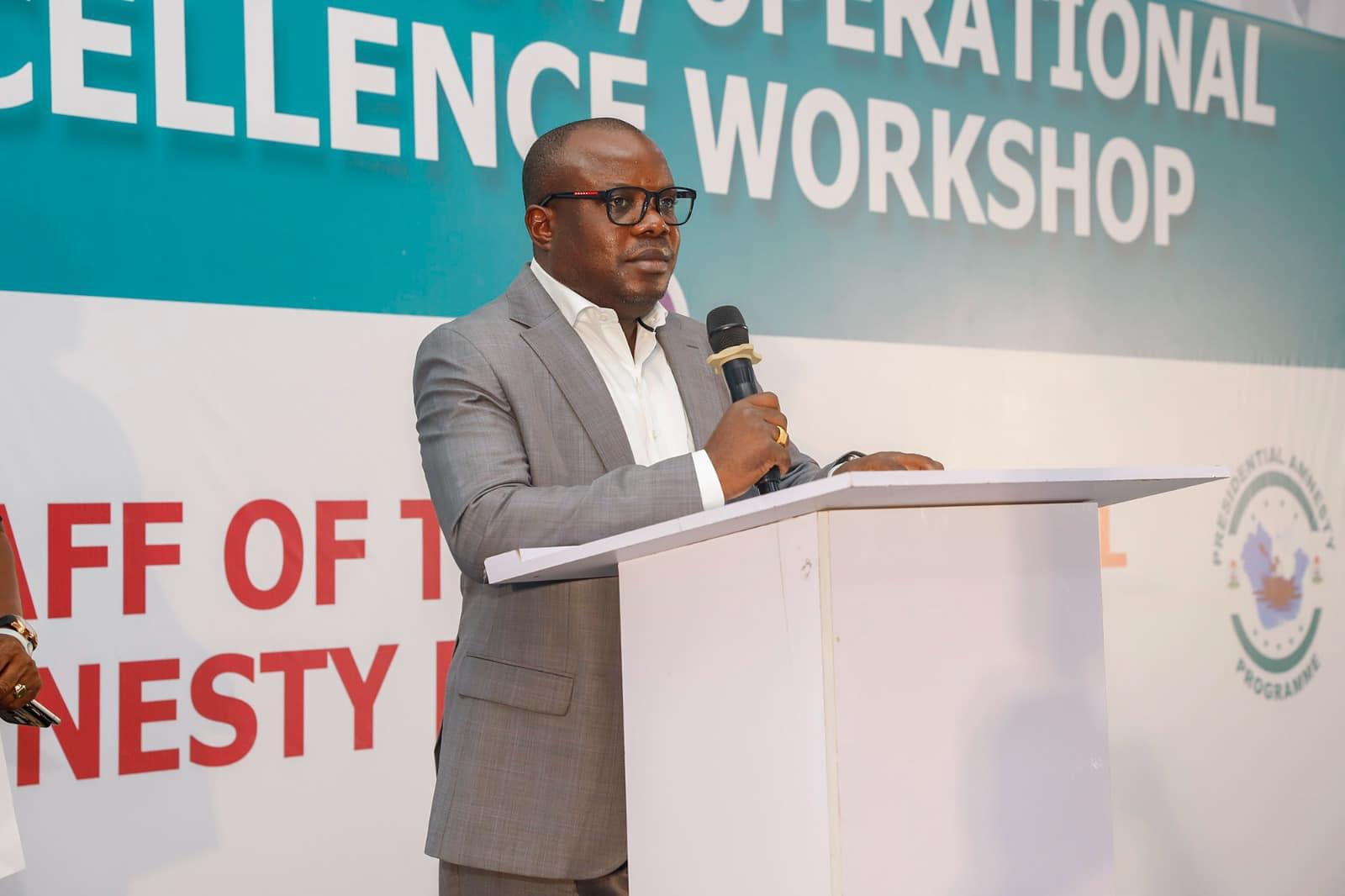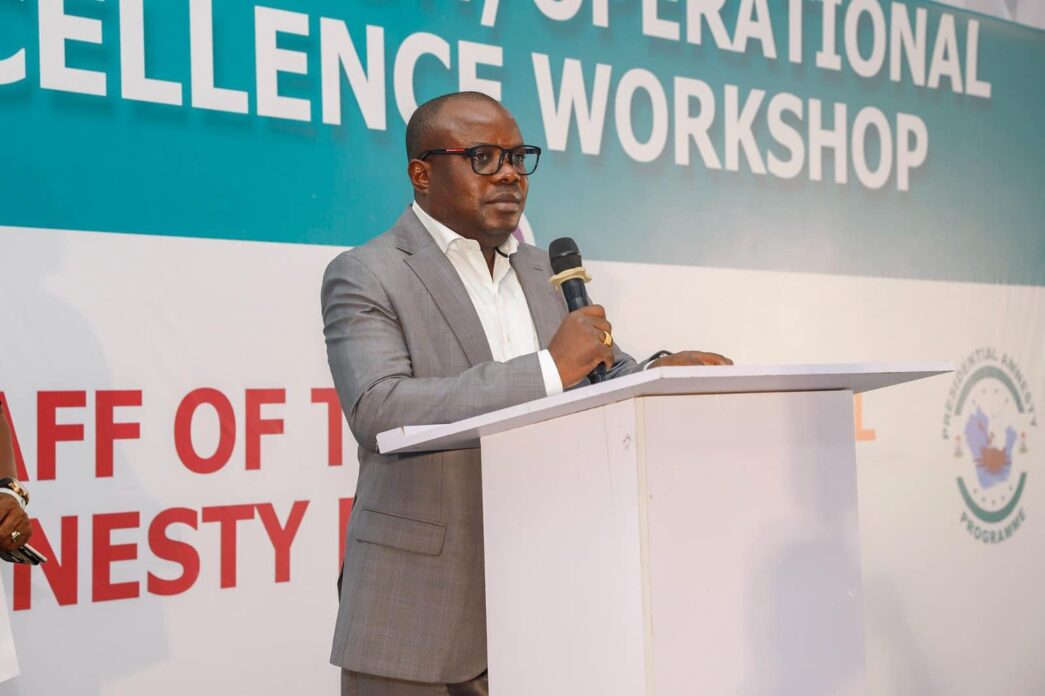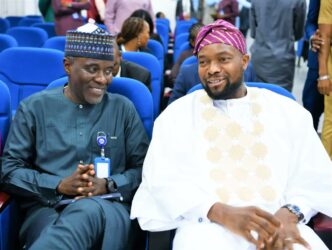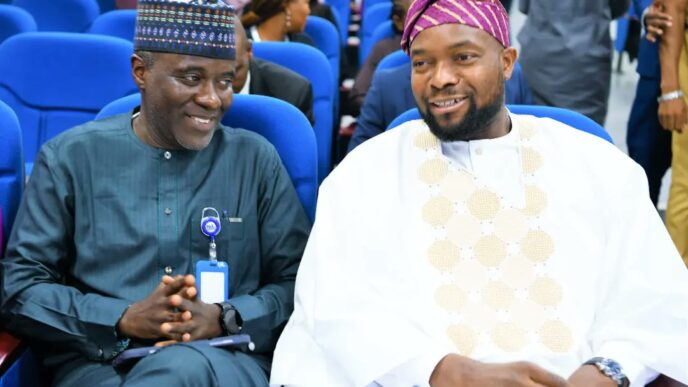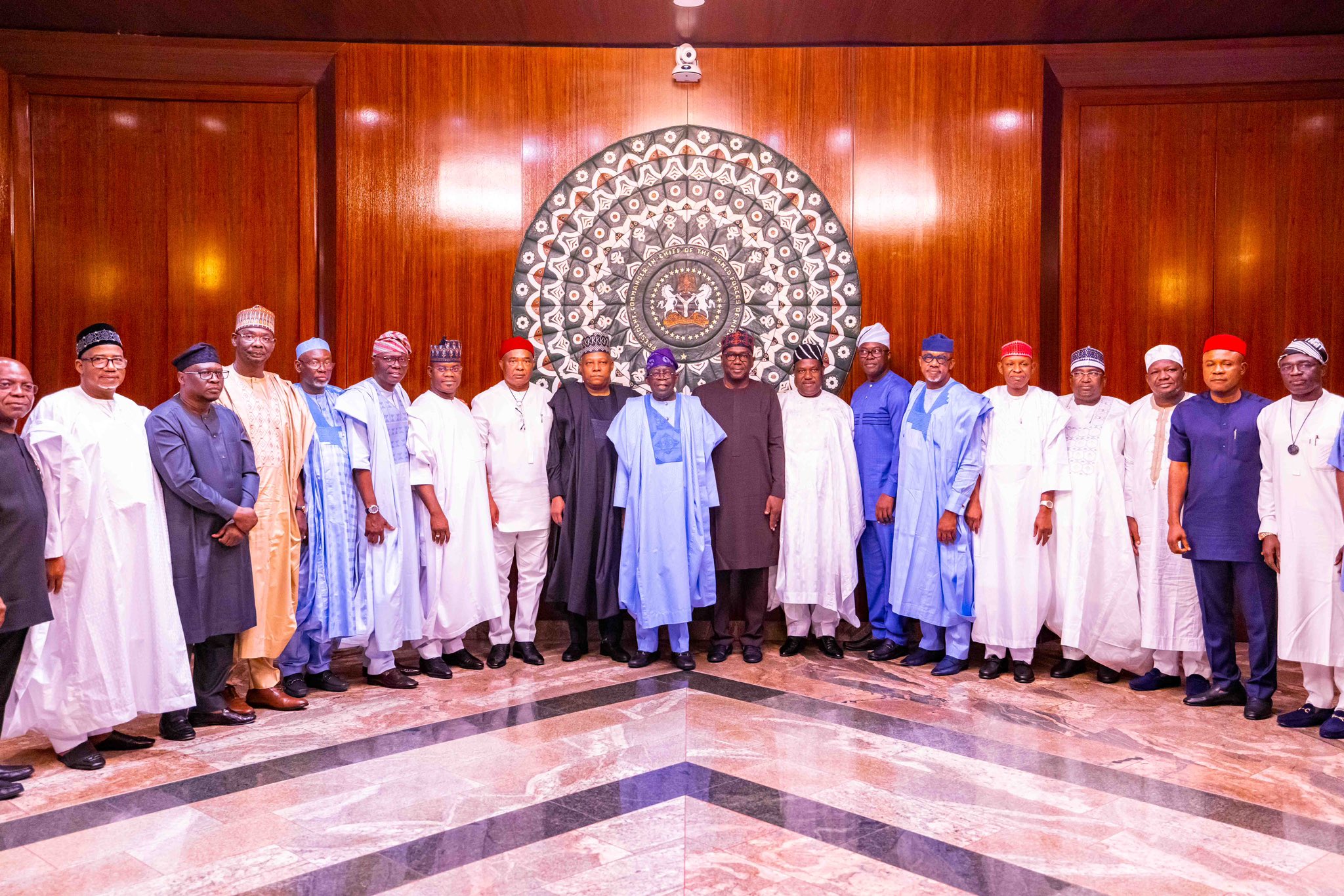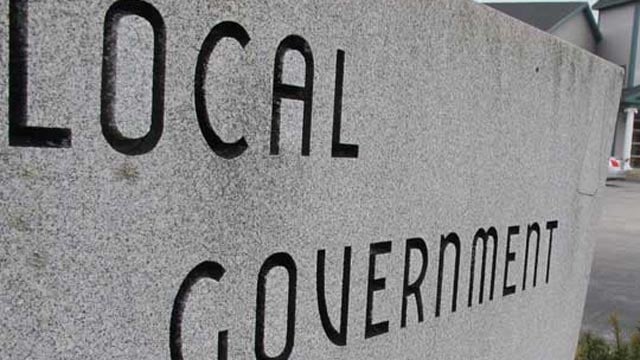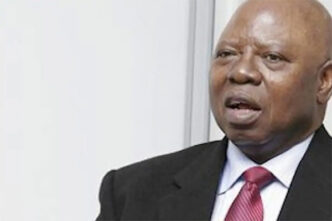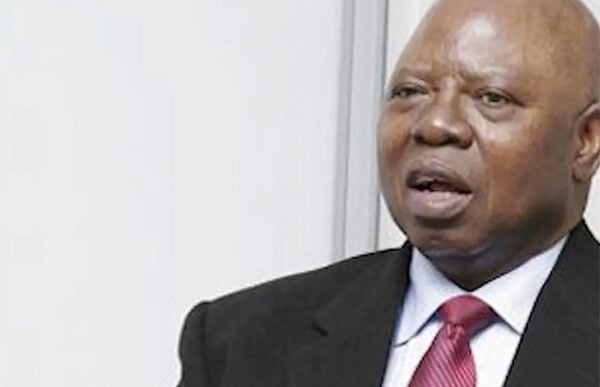Dennis Brutu Otuaro, the Administrator of the Presidential Amnesty Programme (PAP), walks with a spring and carries himself like a man in a hurry to accomplish great things. He actually is. Since taking over as the head of the presidential programme in March this year, Otuaro has implemented far-reaching reforms—scrapped faltering schemes, reinvigorated some existing ones, and introduced new ideas—to make the programme deliver on its mandate.
The Presidential Amnesty Programme was launched in 2009 to quell the unrest in Nigeria’s Niger Delta. The region exploded in violence in the 1990s and 2000s, led by armed militants seeking a fairer deal for oil-producing communities. The Niger Delta crisis led to a significant drop in Nigeria’s foreign exchange earnings, nearly all of which come from the export of crude oil.
A DDR (disarmament, demobilization and reintegration) programme was designed to respond to the people’s grievances of marginalization and economic disenfranchisement by removing the basis for further agitations. The militants were offered unconditional reprieve, opportunities for mainstreaming, and significant projects in their communities by the President Umar Yar’Adua administration. The strategy mostly worked, leading to a significant reduction in violence in the region.
But Since 2009, the management of the programme has been topsy-turvy. Over eight chief executives, outside the incumbent, have superintended it, with the average tenure being around two years. The reason for this high turnover of administrators was the charge of corruption, incompetence and other malfeasance.
Advertisement
However, it appears the government has got it right this time with the appointment of Otuaro. A round peg has fit the round hole. With a PhD in Comparative Politics and Development from the University of Benin, he seems to have the intellectual depth for the complexity and nuances of the office. Perhaps, even more so, what qualifies him best for the role is that he is a product of the struggle.
Otuaro is an indigene of Gbaramatu, a riverine community in Warri Southwest Local Government of Delta State, which was heavily scarred by battles with negligent oil companies and has been at the forefront of the rights of oil-producing communities. He, therefore, understands the issues at the heart of the struggle, and the people’s demands.
Even all this would not have recommended him for commendations. After all, one can come from a people and turn his nose at them. Not Otuaro. He has started well. On resuming, he reviewed the various initiatives of the programme, identifying the good ones to be reinvigorated, and the ones to be discarded, as well as articulating his own original ideas.
Advertisement
He is also demonstrating hands-on leadership. Rather than remaining in Abuja, to rely on second-hand information from the region, he has rolled up his sleeves and gone to the Niger Delta to engage the people.
One of his first notable acts was visiting institutions in partnership with the PAP. That visit took him to Edo, Delta, and Bayelsa states, where he engaged the students offered scholarships by the programme and the management of the universities. He took copious notes on the feedback and promised better. He has subsequently announced a comprehensive plan to make the scholarship scheme more inclusive, fair, and impactful, in tune with the Niger Delta’s development objectives.
He also had a consequential stakeholder meeting with selected leaders of the three phases of the amnesty programme and critical Niger Delta leaders. That meeting was held in Warri for four days, with Otuaro listening, and learning first-hand from the feedback from the leaders and other stakeholders.
He leveraged the meeting to also brief them about the amnesty programme’s impact, and the President’s desire for sustainable peace and development in the region. He spoke glowingly of the Niger Delta being central to the President’s Renewed Hope Agenda and charged the delegates to continue to maintain the peace.
Advertisement
Otuaro’s administration also plans to embark on an extensive reform of the Programme’s corporative scheme, formerly PACOSOL, to make it more effective and provide a source of sustainable livelihood to the ex-agitators and their families, rather than for them to depend entirely on the government’s stipends. Plans are also underway to re-train the staff to be more effective and responsive to the programme’s agenda.
With the efficiency and urgency with which Otuaro has invested in his job, it is no surprise that he is receiving accolades from the stakeholders. Prince Emeka Igwe, a delegate from Imo State, said at the Warri meeting, ‘’He was part of the struggle and one of us. This is the best decision the President has made.”
Views expressed by contributors are strictly personal and not of TheCable.

